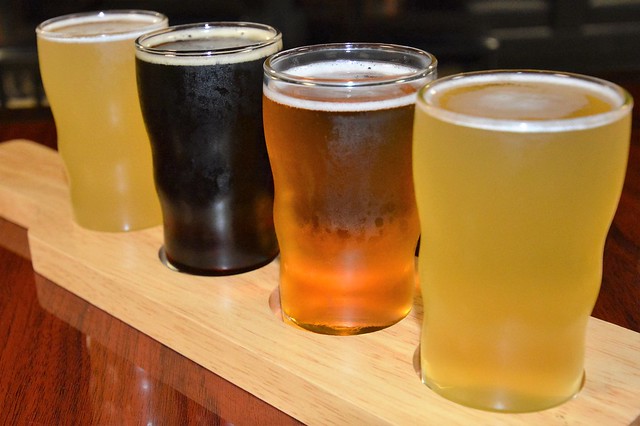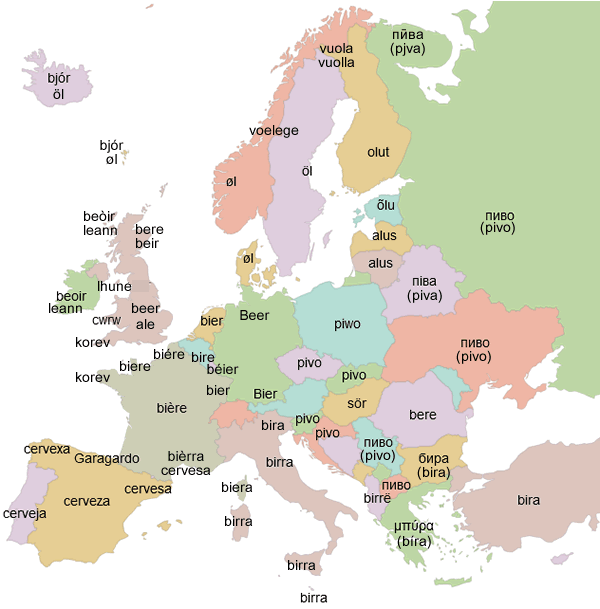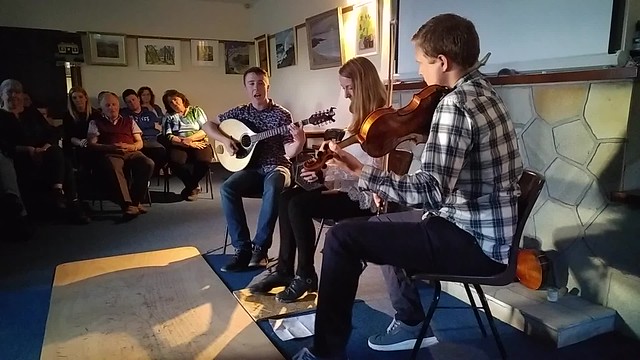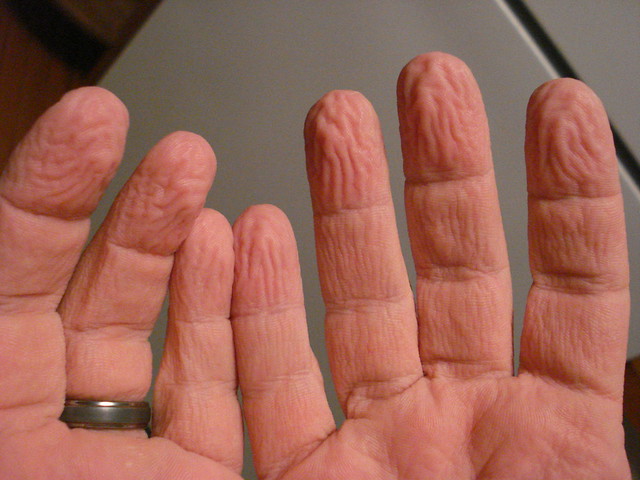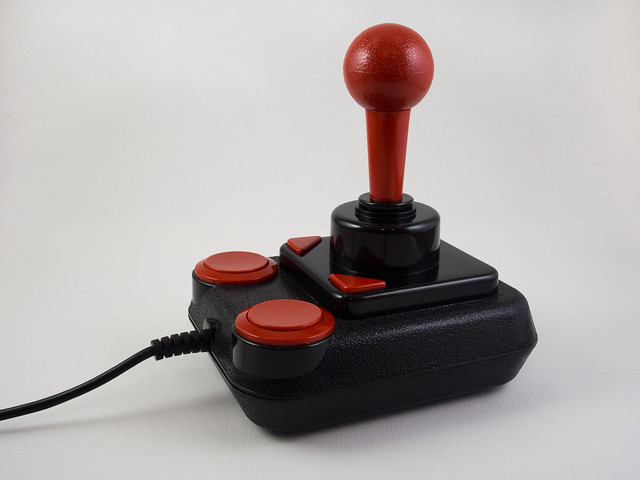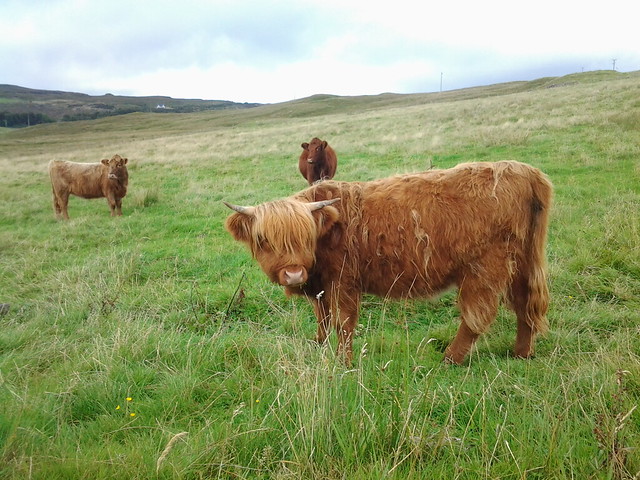Back in April 2021 I wrote a post about various milestones I’d reached, including adding the 1,500th language to Omniglot. Well, yesterday I added the 1,600th language, which seems to me like something to celebrate.
So what’s been happening since April?
Well, as well as continuing to add new material to Omniglot every day, and improving the existing content, I’ve been making Adventures in Etymology blog posts / podcasts / videos every week and posting them on YouTube, Instagram and Tiktok. They tend to get the most views on Tiktok, and I’m hoping that at least some of the people who see them there will visit other parts of the Omniglot Linguistic Universe (OLU).
In July I started making Omniglot News blog posts and podcasts which summarise all the lastest developments on Omniglot. They appear on Sundays on the Radio Omniglot site and on the Omniglot News page.
Lockdown restrictions have eased here in Wales, and we can now go to pubs, restaurants and cafés, and to concerts and other events. I go to a Welsh folk music session every other Tuesday where we speak and sing mainly in Welsh, and play Welsh tunes. There are usually people from many countries there, so I get chances to speak other languages as well. I’ve started going to a Welsh conversation group on Wednesday nights, and I regularly have opportunities to speak French and Mandarin, and often write emails in Dutch. So I’m able to practise using some of my languages.
I’ve been to a few concerts recently, include a great one this week featuring the Washboard Resonators:
In other news, the studio that’s being built in my garden is coming together. The roof should be finished in the next few days, and then they can start working other parts. I’m looking forward to using it to make recordings and videos and practise my music and singing. Hopefully the acoustics will be very good inside.




